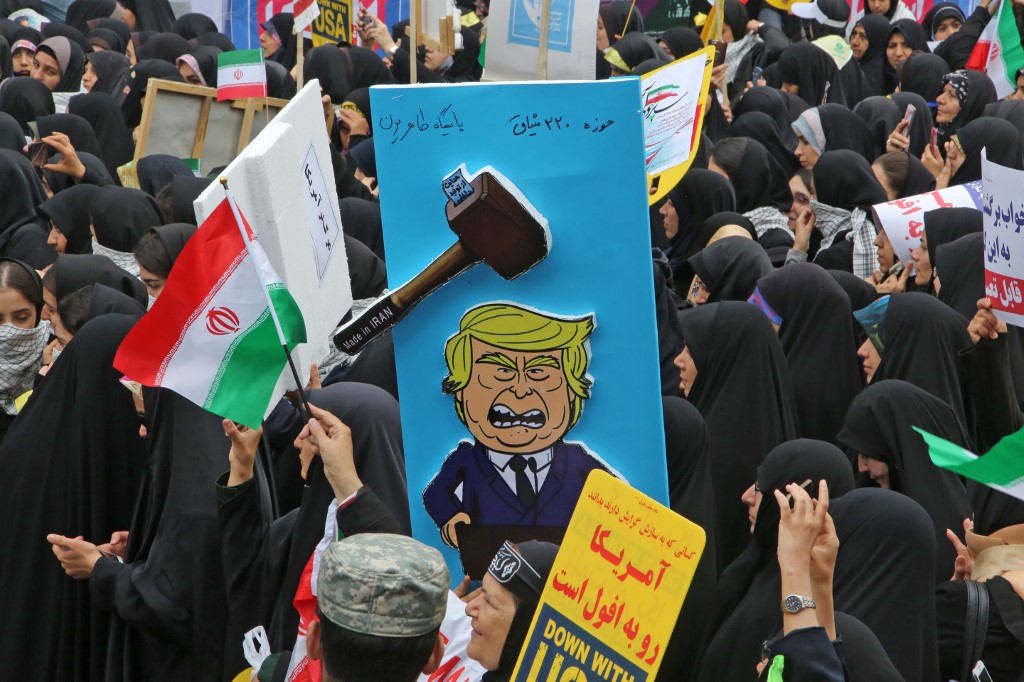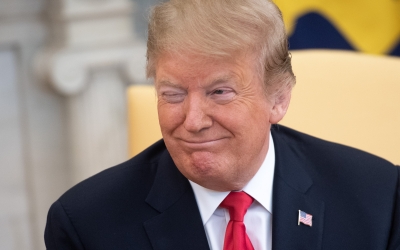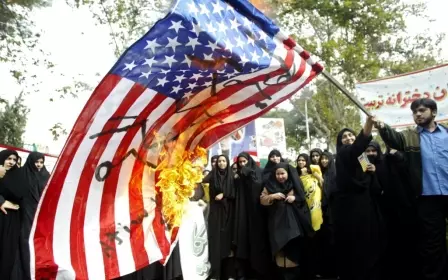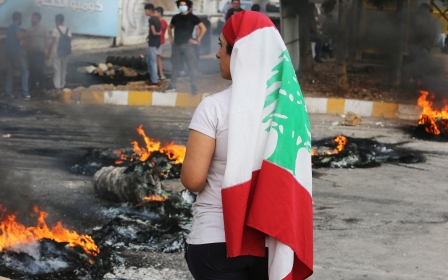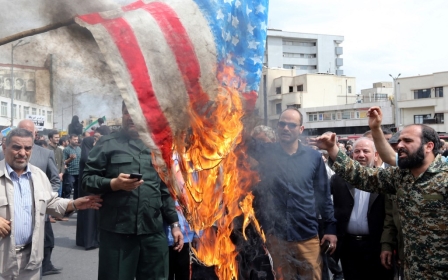All roads lead to Rome for talks on Middle East - but where is America?
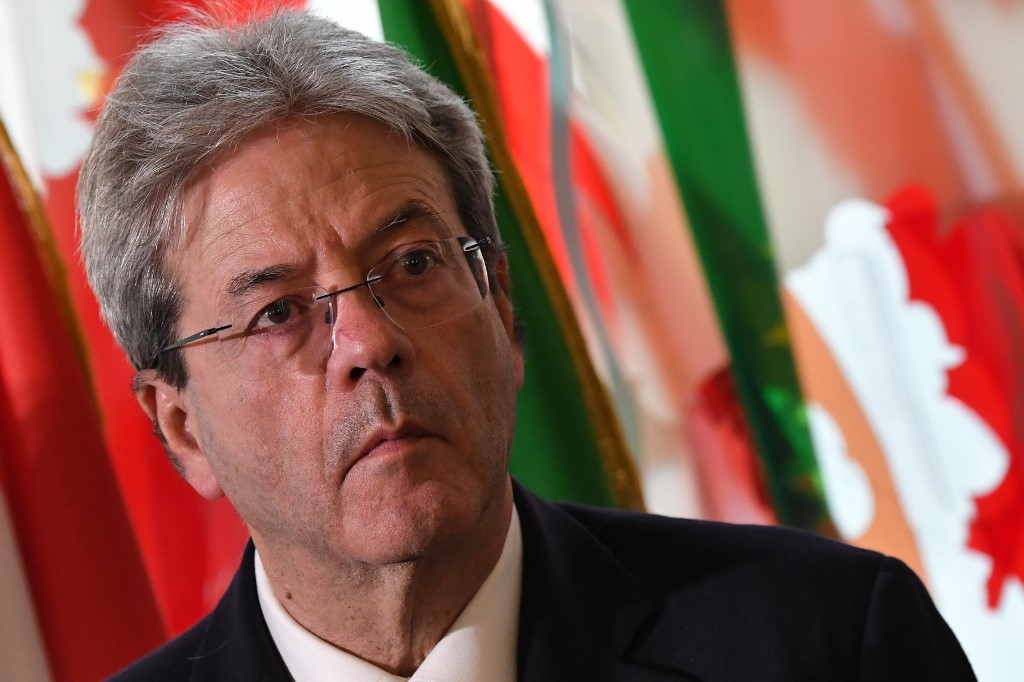
About five years ago, during his tenure as the Italian foreign minister, the current European commissioner for economic and financial affairs, Paolo Gentiloni, decided that Italy should be a key forum to discuss issues related to the Mediterranean and the Middle East.
There were political, historical, cultural and geographical reasons for such a role, including Italy’s commitment to the difficult stabilisation of Libya, its leading role in Lebanon with the Unifil mission, its maintenance of an open dialogue with Iran, its strong commitment in Iraq against the Islamic State (IS) and its strong exposure to migration phenomena.
According to Gentiloni’s inspirational idea, Rome was to become for the region what the Munich Security Conference had become over the years for issues of global security. This was how, at the end of 2015, the Mediterranean Dialogues (Med) was born, becoming an annual gathering for governments, thinktanks, academia, NGOs, businesses and civil society representatives.
Outlining solutions
The conflicts in Libya and Syria, the problem of migration, the emergence of IS between Syria and Iraq, the unresolved Israeli-Palestinian dispute, and the hopes created by the Iran nuclear deal, made necessary such an ad hoc forum, whereby participants could analyse these challenges, understand their roots and outline possible solutions.
New MEE newsletter: Jerusalem Dispatch
Sign up to get the latest insights and analysis on Israel-Palestine, alongside Turkey Unpacked and other MEE newsletters
Management of the forum was entrusted to the Italian Institute for International Political Studies (ISPI), which quickly transformed it into the most important international event to address the challenges and opportunities coming from the Mediterranean and the Middle East. The Italian foreign ministry has consistently offered political, financial and logistical support to attract the world’s leading decision- and opinion-makers.
The US absence has fuelled perceptions of the country's marked disinterest in confronting friends and allies, as well as rivals, on the main issues facing the region
Earlier this month, the fifth edition of Med was held, and it is fair to conclude that the forum’s initial ambitious goals have been achieved. Over the past five years, kings, heads of state and government, ministers, parliamentarians, scholars, entrepreneurs, intellectuals and representatives of civil society from Europe, Africa, Asia and the Middle East have descended on Rome to confront the issues facing this turbulent area of the world.
Yet, organisers have not been able to conceal a sense of disappointment over the continuing absence of the US - with the exception of former secretary of state John Kerry in 2016 - and, to a lesser extent, of the UK.
The US absence has fuelled perceptions of the country’s marked disinterest in confronting friends and allies, as well as rivals, on the main issues facing the region. Such an attitude has been underscored by a series of unilateral decisions taken by the Trump administration in recent years on the Israeli-Palestinian conflict, Iran and Syria, pointing to a slow but constant US disengagement from the region.
Political immaturity
Some observers believe the US absence might be due to the constant presence at Med of leading political personalities who have strongly criticised US policy in the region, including the Russian and Iranian foreign ministers. If true, this would amount to extraordinary childishness and political immaturity.
Washington should have the courage to defend its positions in a public debate; not doing so fuels the impression that the US is either arrogant, or uncertain and confused about its own policies. Russian, Iranian, Saudi and Turkish foreign ministers and politicians, to name just a few, have all accepted questioning by leading journalists in front of an audience. Why have their US colleagues refused to do so at this forum?
This year’s case was again emblematic. Within hours of its start, the best that Washington was willing to offer, David Schenker, the assistant secretary of state for near eastern affairs, cancelled his participation.
The conference was then addressed by State Department planning official Peter Berkowitz, who under the watchful eye of the US ambassador to Rome in the front row, read one of the most flat and depressing speeches I have ever witnessed in my long experience in international affairs.
Essentially, Berkowitz crossed the Atlantic Ocean to tell an international audience what could easily be read on the State Department’s website. No articulation, no reflection, no inspiration, no solicitation, no doubt, no rethinking, no partial admission of any possible responsibility. This is to say nothing personal against the US official; considering the current atmosphere inside the State Department, he had little room to manoeuvre.
Oversimplified trilogy
If the US has really decided to disengage from the Middle East and North Africa (Mena) region, it should say so openly and execute this plan. Millions of people in the region may be relieved by this eventuality; much less so for some of their leaders, who seem incapable of conceiving of the security of their nations without the US protective umbrella, despite increasing doubts over its actual effectiveness and reliability.
If, on the other hand, the US is not aiming to fully disengage, then it should be willing to defend its policies to the most relevant actors in the region.
The hope is that if and when the US should decide to do that, it could offer something more articulate and inspirational than the usual, oversimplified trilogy consisting of unconditional support for Israel, maximum pressure against Iran and defending certain local autocracies.
Although some of these policies might have some merits, they appear increasingly anachronistic and are not adequate to address the region in the 21st century.
Most of all, the hope is that the US will develop a different methodological approach for implementing its regional visions and policies, dropping the binary logic (“either you do what I want, or we will sanction or strike you”) that for far too long has characterised US policy in the region.
The sixth Med will take place at the end of 2020, and hopefully the US will not miss it again. It should attend not to please the Italian government for this laudable initiative, but to better protect US interests.
As the US still considers itself to be an exceptional nation, it should try to offer a vision and a response to the millions of people protesting in Middle Eastern capitals, begging for change.
The views expressed in this article belong to the author and do not necessarily reflect the editorial policy of Middle East Eye.
Middle East Eye delivers independent and unrivalled coverage and analysis of the Middle East, North Africa and beyond. To learn more about republishing this content and the associated fees, please fill out this form. More about MEE can be found here.



